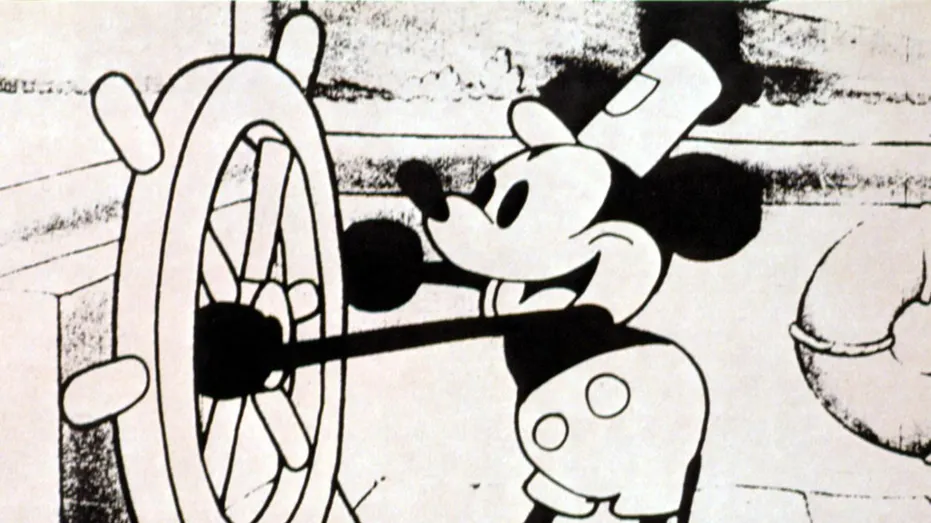English: it’s NOT Much Ado About Nothing
February 11, 2020
We can all agree that the English language is vital to communication. Without English, we wouldn’t be able to converse with others; it’s essentially the basis of human connection. So, why is it so undervalued in our school system?
When you’re young, the very first thing your parents teach you is a language of some sort. You don’t just leave the hospital as a newborn and immediately start learning arithmetic. Even in elementary school, the main focus of grades kindergarten through second grade is reading, writing, and speaking. You don’t start by learning your multiplication tables or the scientific theory. English is the foundation of all other subjects, so why is it the most discriminated course later on?
Despite requiring a total of four years for graduation, English is arguably the most undervalued subject in high schools all over the country. Just look at our science courses versus English ones. For science, our school has a wide variety of options for classes. We have physics, environmental science, biology, chemistry, anatomy, oceanography, natural science, astronomy, zoology, earth science, and geology–just to name a few. Now let’s take a look at what our school provides for English; regular language arts, honors language arts, AP Language and Composition, AP Literature and Composition, and ERWC. That’s it. The basis of all other subjects is reduced to a mere five courses.
Granted, these honors and regular language arts courses extend all throughout high school and have slightly differing curricula, yet they don’t express much diversity in content. I read “A&P” by John Updike both sophomore and senior year, completing the exact same “busy work” type of worksheet both times. I can’t even count the amount of times we’ve read “The Raven” or “Tell-Tale Heart” by Edgar Allen Poe. What about “The Pit and the Pendulum”? Or the “Black Cat”? “The Masque of the Red Death”?
The education system is so focused on STEM courses (science, technology, engineering, mathematics) that they leave little space for language arts. When high school students are asked about what subject they plan to major in, a science or math pathway is naturally expected. Our society has begun to see reading and writing as a dying art.
With newly developed technology, many assume writing to be of little importance in this rapidly evolving world, but this isn’t true. Writing hasn’t become less important, but rather the way we share such information has just been altered. We still read books, but now it’s on a tablet instead of the classic paperback. We continue to stay up to date on news articles, but now do so online instead of picking the paper up from the curb every Sunday morning.
People assume that since reading material is primarily online, the need for writers has entirely diminished. Yet how can this be so? According to booksandpublishing.com, approximately 2.2 million books are published a year. That’s 2.2 million new creative works being released every 365 days. We need writers to uphold this flow of new material not only for pleasure reading purposes, but also to stay informed. The Washington Post states that they “[publish] an average of 1,200 stories, graphics, and videos per day.” Without writers, the general public wouldn’t have the slightest clue as to what is occurring in the world. Language arts is overwhelmingly undermined considering the essence of its importance on our daily lives.
While science and math are incredibly important, without language arts, they would cease to exist. Not only is reading and writing the foundation for all other subjects, but it is also extremely necessary to stay informed and updated on world affairs. With this much importance placed on a single subject, why do our school systems seem to devalue it so much? Why aren’t we stressing the gravity of language arts and encouraging our youth to pursue majors in this field? But most importantly, why don’t we appreciate this course that is essentially the cornerstone to every aspect of life?












